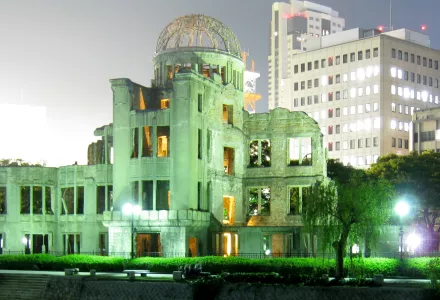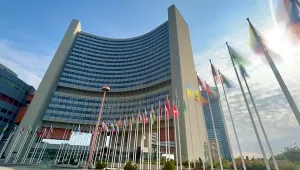
Abstract
The Treaty on the Prohibition of Nuclear Weapons (TPNW) poses a challenge to decades of Japanese nuclear policy. While Japan has relied on the US nuclear umbrella since the aftermath of World War II, numerous pro-disarmament groups — including the Hibakusha — are calling for Tokyo to join the Treaty. We contribute to these discussions with commentary on a new national survey we conducted in Japan (N = 1,333). Our results indicate that baseline support for the Prime Minister signing and the Diet ratifying the TPNW stands at approximately 75% of the Japanese public. Only 17.7% of the population is opposed, and 7.3% is undecided. Moreover, this support is cross-cutting, with a wide majority of every demographic group in the country favoring nuclear disarmament. Most strikingly, an embedded survey experiment demonstrates that the Japanese government cannot shift public opinion to oppose the Ban through the use of policy arguments or social pressure. Such broad support for the TPNW indicates that the Japanese government will not be able to hide from the Treaty and must take action to restore its credibility as a leader on nuclear disarmament.
Baron, Jonathon, Rebecca Davis Gibbons and Stephen Herzog. "Japanese Public Opinion, Political Persuasion, and the Treaty on the Prohibition of Nuclear Weapons." Journal for Peace and Nuclear Disarmament, vol. 3. no. 2. (2020): 299–309.
The full text of this publication is available via Journal for Peace and Nuclear Disarmament.







